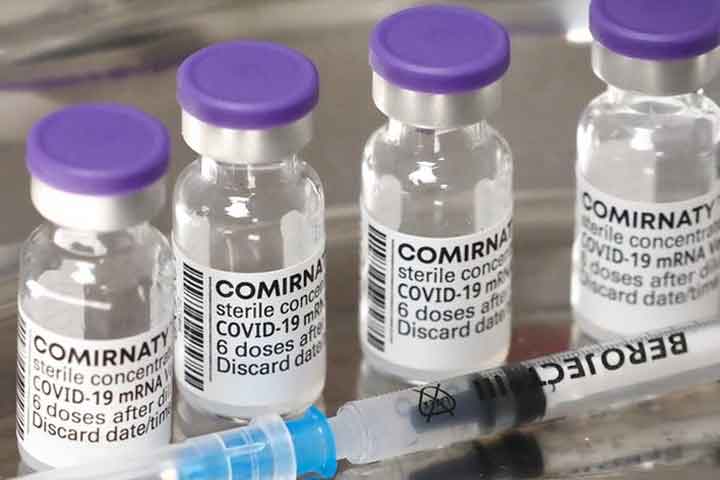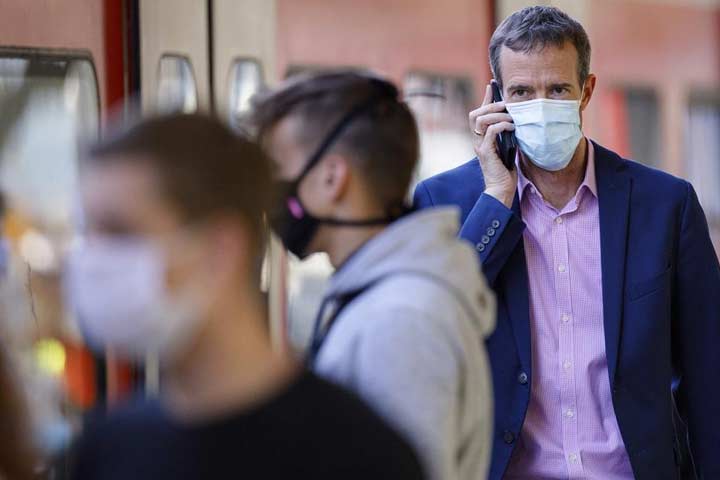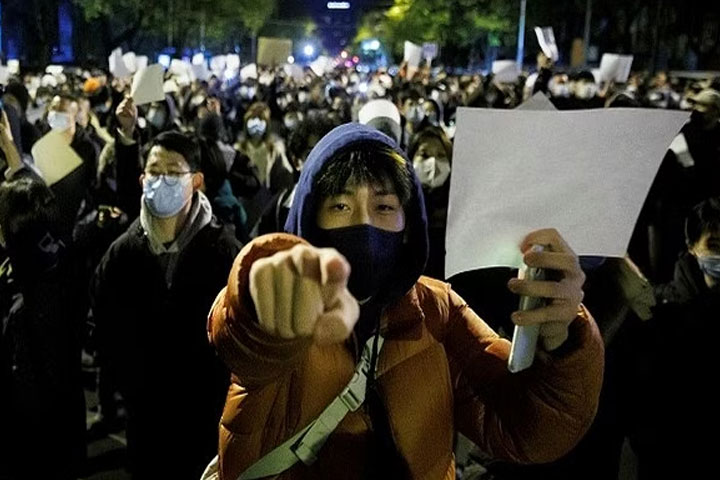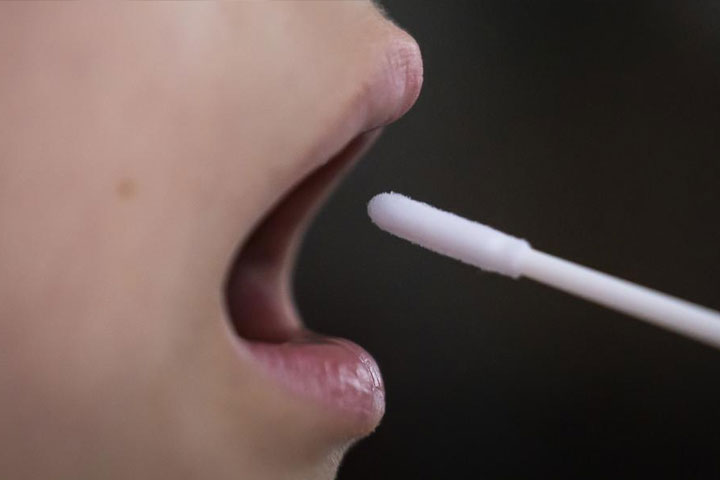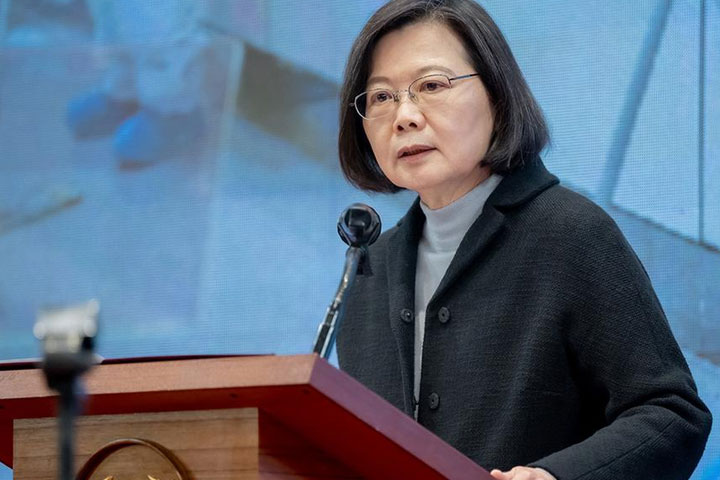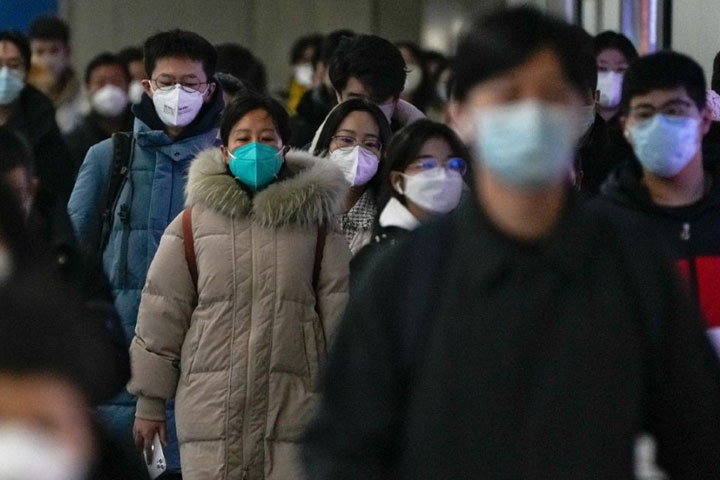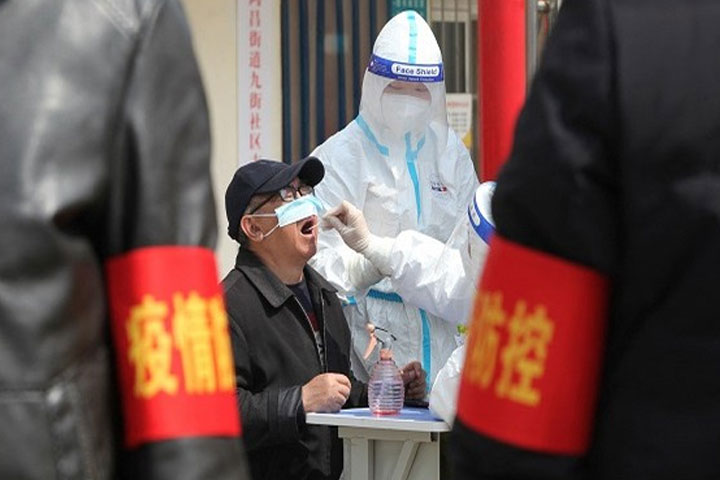Renowned artists, actors, opera singers dies amid recent COVID wave in China
Several renowned artists, actors, opera singers, film directors, and writers have lost their lives amid a recent surge in Omicron infections in China, according to a report of NTD, a New York-based, global television network.
Several actors like Actor Zhang Mu, Ren Jun, Chu Lanlan, Cheng Jinghua, Yu Yuheng, Xiong Yingzheng, Hou Menglan, and Zhao Zhiyuan who shared ties with the Xi Jinping-led Chinese Communist Party (CCP) also lost their lives due to the covid infections in the Chinese mainland.
Actor Zhang Mu, 92, who portrayed Mao Zedong in numerous CCP films, passed away. Zhang was a calligrapher and the director of the China Opera and Dance Drama Theatre Opera troupe.
Zhang was born in 1930 and joined the CCP revolutionary force in northeastern China at the age of 16. When he was 21, he joined the CCP's southern art troop as an opera singer, according to NTD news.
As per the NTD report, Song Changrong, commonly known as Song Baoguang, was a Peking opera performer who passed away on December 16 at the age of 87. Song served as the deputy director of the Jiangsu provincial Association of Stage Performers and was a member of the Jiangsu provincial rubber-stamp legislature. Ren Jun, a Peking opera artist who was acclaimed by early CCP leaders Mao Zedong and Zhou Enlai, passed away in Beijing on December 17 at the age of 103.
Yang Lin, a 60-year-old screenwriter, passed away on December 21 in Henan Province. In the 1960s, Yang composed the propaganda play "Red Flag Canal." Nevertheless, on December 21, film director Wang Jingguang passed away at the age of 54. It depicts the tale of how Chinese people, inspired by Mao Zedong thinking, engaged in a battle with nature.
Ni Zhen, a screenwriter and professor at the Beijing Film University, passed away on December 22 at the age of 84.
Amongst actors, Fu Zucheng passed away on December 20 at the age of 82. The Little Flower, a 1979 CCP propaganda film, included Fu in the cast. Actor, Liuzi-style opera singer, and CCP member Li Yanzhen passed away on December 21 in Jinan at the age of 80, NTD reported.
In November, China saw a record increase in local COVID-19 outbreaks. Due to the deterioration of the epidemiological situation, the authorities introduced partial lockdowns in some areas while also forcing their residents to undergo PCR testing on a daily basis.
In particular, starting from November 24, restrictive measures were tightened in a number of China's major cities, including Beijing and Shanghai.
Against this background, some Chinese cities -- Shanghai, Beijing, Guangzhou, Wuhan, and others -- were hit by mass protests. The rioters demanded the immediate lifting of lockdowns, the abolition of regular PCR testing, and the easing of COVID-19 restrictions.
On Friday, media reported that about 37 million people in China could have contracted COVID-19 on a single day last week, making the country's outbreak the largest in the world. It was noted that up to 248 million people, or nearly 18 per cent of the population, were likely to have contracted the coronavirus in the first 20 days of December.
Meanwhile, there is a shortage of medicine, as Covid rips through parts of China, millions are struggling to find treatment -- from the most basic cold remedies to take at home to more powerful antivirals for patients in hospitals.
Gripped with grief and anxiety, many in China want a national reckoning over the hard-line Covid policy. Holding the government accountable may be a quixotic quest, reported NYT.
29 Dec 2022,21:11
















 Live Tv
Live Tv

